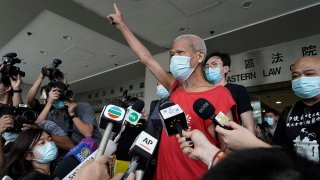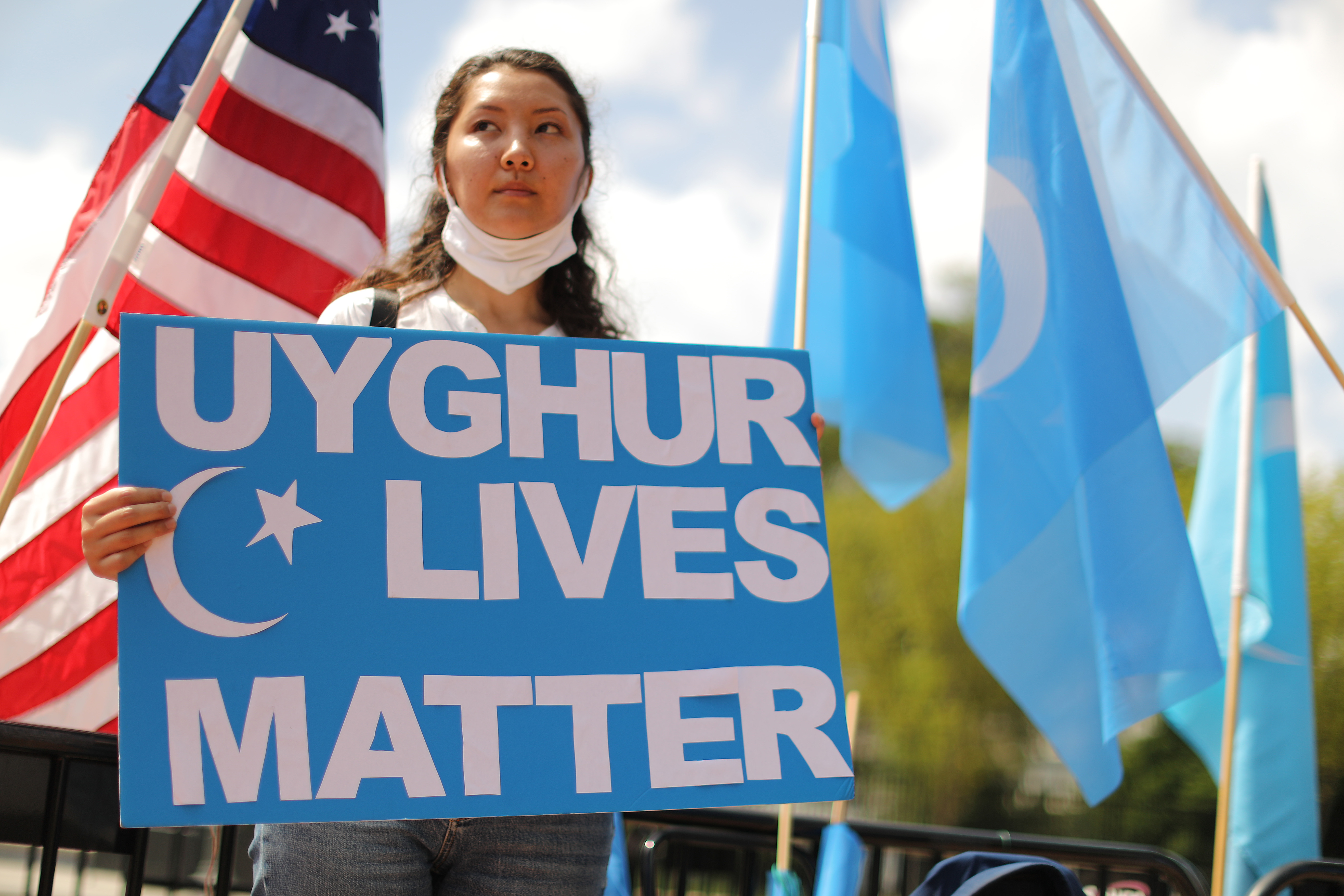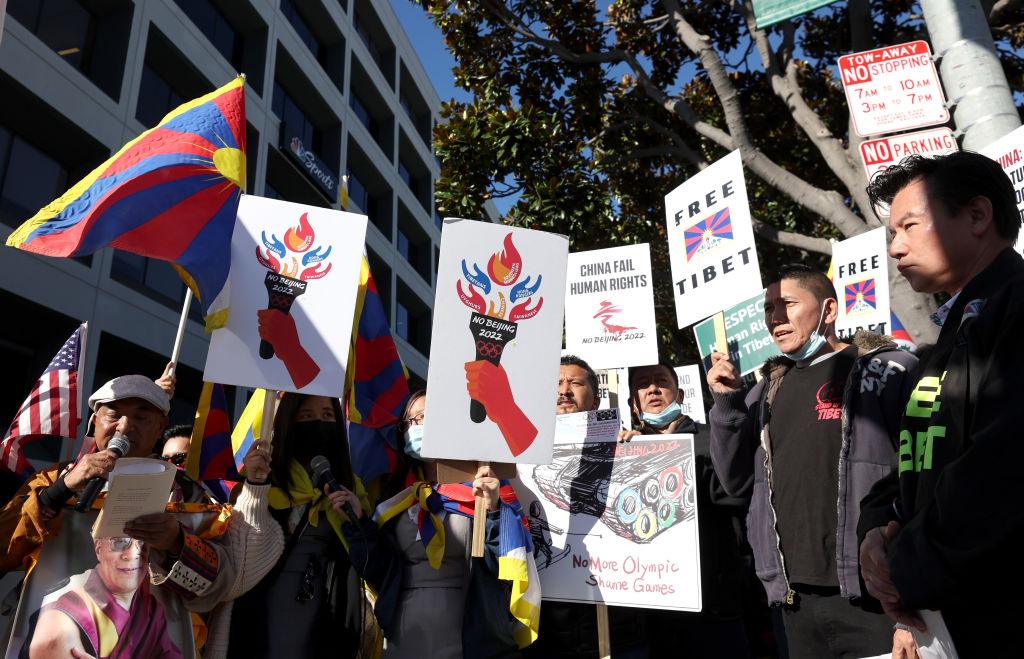
A veteran Hong Kong activist was arrested Friday days after announcing plans to protest the Beijing Winter Olympics outside government offices in the city.
The South China Morning Post newspaper identified him as Koo Sze-yiu, saying he was picked up in the early morning at his home under a national security law.
Watch NBC6 free wherever you are
>Police confirmed they had arrested a 75-year-old man on suspicion of inciting subversion, but did not identify him. They also said that four other other people were brought back to the station for questioning.
Earlier this week, Koo sent a media announcement inviting coverage of a petition he planned to present on Friday at 10 a.m. in front of China’s Liaison Office — the agency representing the Chinese government in the nominally semi-autonomous enclave.
Get local news you need to know to start your day with NBC 6's News Headlines newsletter.
>Koo said that China had pressed on with the Beijing Winter Games while ignoring “unjust” cases of imprisonment in Hong Kong.
“Don’t forget that human rights are being oppressed in Hong Kong!” he wrote in the announcement.
He said that authorities have abused the national security law to imprison dissidents or those who speak out against Beijing's policies in the city.
Koo designed his media statement with interspersed bold and enlarged letters that read “Coffin Winter Olympics.”
Over 150 people have been arrested under Hong Kong's national security law since it was implemented in June 2020 in response to massive pro-democracy protests. Koo had previously taken part in protests and carried a mock coffin outside China's Liaison Office on Chinese National Day on Oct. 1.
He had been arrested and jailed several times after being convicted of taking part in unauthorized rallies and flag desecration.
The 2020 law criminalizes what it describes as secession, subversion, and other offenses against the state. Rights groups, foreign governments and activists have condemned the law for reversing the freedoms promised to Hong Kong when Britain handed it over to China in 1997.
Last year, some 47 activists were charged with conspiring to subvert state power under the national security law, following their participation in an unofficial primary election aimed at selecting legislature candidates for the pro-democracy camp.
Authorities claimed that the primary was subversion as some of the activists indicated that they would vote down major bills in the legislature that would force Hong Kong leader Carrie Lam to step down if the pro-democracy candidates won a majority.
Most of the city's prominent pro-democracy activists are currently in jail or have fled overseas in fear of political persecution.




